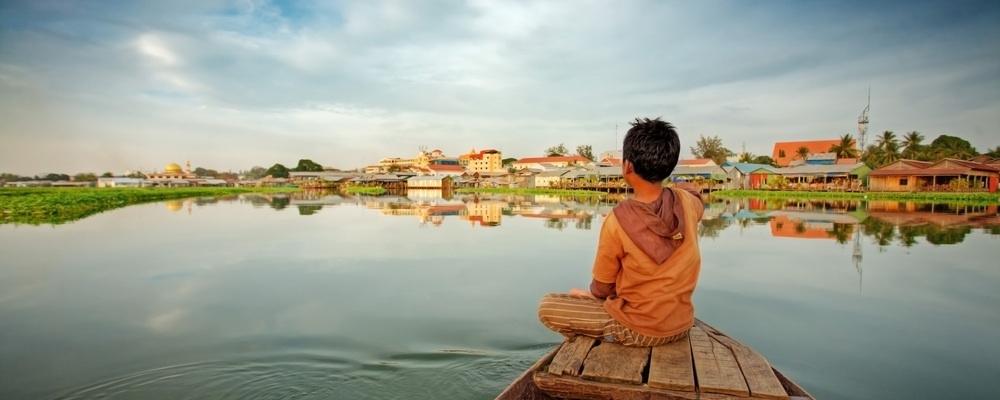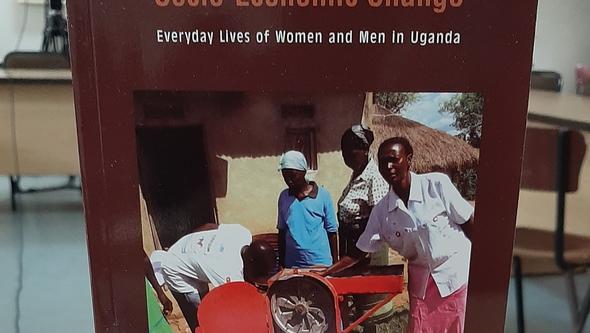
Forskningsprojekt inom utvecklingsgeografi
Här hittar du pågående och avslutade forskningsprojekt inom utvecklingsgeografi.
Pågående projekt
- Omvandling till bostadsrätter i utsatta områden - hur påverkas lokalt deltagande i stadsplanering och bostadspolitik?
- Women in agriculture: challenges to reducing poverty and food insecurity in rural Mozambique
-
CoVID-19 and the South Asian State: A cross-national and cross-regional comparison
- Transforming matrilineal land rights? Agricultural intensification and land regularization in Northern Mozambique
- Nexuset mellan Auktoritärt styre och Pandemi i Kambodja: Utsikter för social, ekonomisk och politisk inkludering i en post-pandemisk värld
-
Sustainability across the Supply Chain: PPE and Public Sector Procurement amidst a Pandemic
- Social Enterprise in Scandinavia and Southeast Asia: new and different?
- Education for sustainable development in an unequal world: Populations, skills and lifestyles
- Corruption, Corporates, and the Debt Crisis in Sri Lanka: Feminist Inflections
-
Gendering the Debt Crisis: Feminist Political Economy Perspectives on the Global South
Capacity building projects
Gender and Territory under conditions of Climate Change
Swedish coordinator: Margareta Espling
The academic capacity building programme with the Eduardo Mondlane University, Mozambique, in collaboration with the Departments of Geography and Anthropology under the theme: Gender and Territory under conditions of Climate Change. The programme includes 2 PhD candidates, 3 Post Docs, and 19 MA students. Further, there are international mobility visits to the University of Gothenburg for Mozambican researchers, and a number of training and workshop activities with a research focus.
Enhancement of Gender Focused Research, Capacity Building of Women in Leadership and Gender Mainstreaming in Higher Education in Uganda.
Swedish coordinator: Margareta Espling
The academic capacity building programme with Makerere University, Uganda, in collaboration with the School of Women and Gender Studies under the theme: Enhancement of Gender Focused Research, Capacity Building of Women in Leadership and Gender Mainstreaming in Higher Education in Uganda. The programme included 8 PhD candidates, 5 Post Docs, and 8 MA students, all at Makerere University. The activities also included a number of training seminars and workshop activities with a research focus. The collaboration programme with Makerere University was concluded by 30 June 2022.

Avslutade projekt
- Teachers in the marketization of education
- Floods Vulnerability and Mechanisms for Mitigation or Adaptation of the Population and the Urban Planning Process in the Municipality of Matola, Mozambique (2019-2022)
- Securing land rights in sub-Saharan Africa: A critical examination of new approaches to tenure reform in practice (2015-2018)
- Land Use in the Context of Land Reform Implementation: the case of Musanze District, Rwanda
- Rural-urban migrant youth and gendered livelihood practices in the city: perspectives from Addis Ababa, Ethiopia